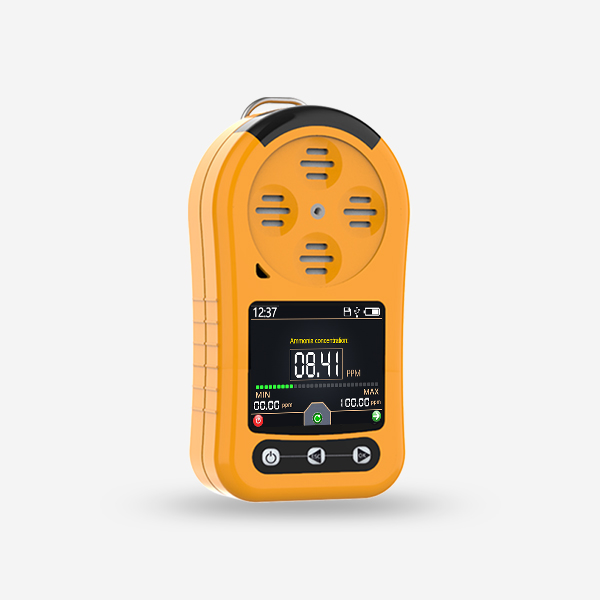Gas detector Handheld
A gas detector handheld is a portable device used to monitor the presence of dangerous gases in the environment. These detectors are critical instruments used in various industries such as oil and gas, mining, construction, firefighting, and many others. They alert their users when toxic gases like carbon monoxide, hydrogen sulfide, and methane reach dangerous levels, giving the user time to react appropriately. Choosing the right handheld gas detectors for your needs can be overwhelming with the numerous options available on the market.

In this article, we will discuss five essential features to look for when selecting a handheld gas detector.
Five basic features of handheld gas detectors
Portable 4 in 1 Gas Detector CO LEL O2 H2S Gas Analyzer
Gas Type Detection
The first feature to consider when choosing a handheld gas detector is the type of gas it can detect. Different types of gas detectors are designed to measure specific gases. Therefore, it’s important to select a detector that can detect the gas you expect to encounter in your work environment. Common gases that require monitoring include oxygen, carbon monoxide, hydrogen sulfide, chlorine, ammonia, and combustible gases like methane and propane.
Sensitivity and Accuracy
Sensitivity and accuracy are key factors to consider. The sensitivity of the gas detector handheld refers to its ability to detect low-level gases, while the accuracy refers to the precision of the reading. Choose a detector with a high level of sensitivity and accuracy that will alert you when even tiny gas levels approach dangerous levels.
Response Time
The response time is another crucial factor when selecting a gas detector. Response time is defined as the amount of time required by the sensor to detect and register a change in the gas concentration. Choose a detector with a fast response time, ensuring you receive early warnings of gas build-up before exposure to unsafe levels occurs.
Data Logging Capabilities
Modern gas detectors offer more than just simple detection. Many come with advanced features, such as data logging capabilities, that allow users to record measurements over time. Consider selecting a device that provides real-time data logs to track gas readings and help identify trends over time. This feature is especially useful if you work in an environment where long-term exposure can create health hazards.
Durability and Reliability
Durability and reliability are essential factors when selecting a handheld gas detector. The device should be constructed using rugged materials that can withstand harsh environments, shocks, and other potential hazards it may face during use.